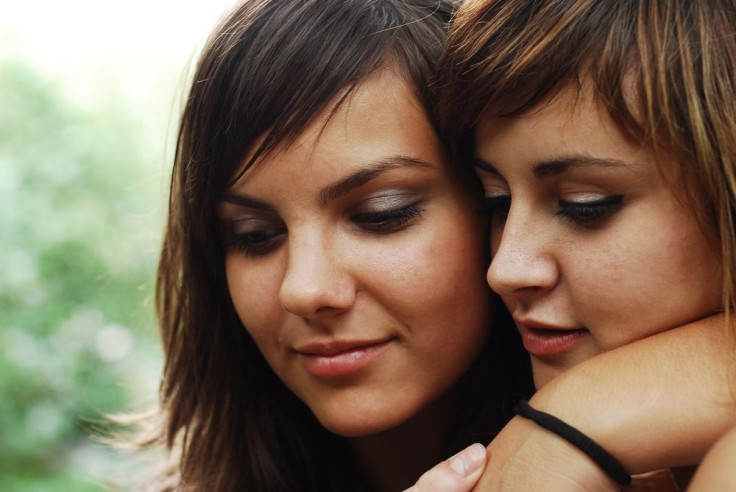Gays, Lesbians Practice Healthy And Unhealthy Behaviors; You Can't Say They 'Have Poorer Overall Health'

A lot’s been said about gay and bisexual men’s heightened risk of STDs, and particularly HIV. But it turns out that most people who identify as gay, lesbian, or bisexual are also likely to experience other health-related problems, too. However, not all is bad for them. These findings are the latest results of the National Health Interview Survey, conducted by the Centers for Disease Control and Prevention’s (CDC’s) National Center for Health Statistics (NCHS).
The goal of the survey, which involved over 34,500 adults aged 18 and up, was to determine how people who identify as gay, lesbian, or bisexual compare to straight people and each other when it comes to their health. It was the first time ever that the NCHS included the option to designate sexual orientation in its survey, but it was done for good reason. A June study found that while 2.3 percent of straight men and 12 percent of gay men reported being treated for STDs, including HIV, 21 percent of bisexuals reported being treated. The new study now sheds light on the bigger picture.
“We saw some differences by sexual orientation, but there is no clear overall pattern,” said lead author Brian Ward, a health statistician at the National Center for Health Statistics, according to HealthDay. “You can’t say gay, lesbians, and bisexuals have poorer overall health.”
The reason for this was because even though bisexual women reported experiencing serious psychological distress in the past year, gay and bisexual men were more likely to get an HIV test, and both gays and lesbians were more likely to drink, they were overall also more likely to get more exercise. However, gay men seemed to be the fittest, compared to straight men, while lesbian and bisexual women were more likely to be obese than straight women. Gays, lesbians, and bisexuals were also more likely to smoke cigarettes and drink.
However, when it came to other healthful behaviors, such as having health insurance, both gays and lesbians came up ahead on that one, as they were more likely to have private health insurance — at least they can see a doctor if the aforementioned unhealthy habits make them sick. Gay men were also more likely than straight men to have health insurance, in general, than straight men.
The interviews for the survey were conducted in people’s households so that they would feel more comfortable divulging information. Over 96 percent of respondents said they were straight, according to The Huffington Post. Meanwhile, a surprisingly small amount of people said they were gay or lesbian (1.6 percent), or bisexual (0.7 percent). Surely, some of them were a bit apprehensive about being honest.
Source: Ward B, Dahlhamer J, Galinsky A, Joestl S. Sexual Orientation and Health Among U.S. Adults: National Health Interview Survey, 2013. National Health Statistics Reports. 2014.



























